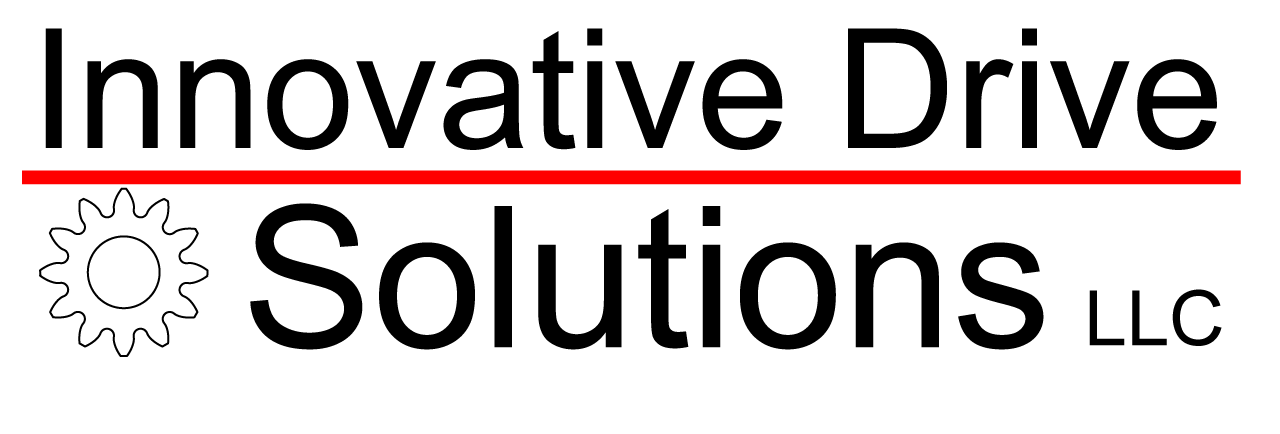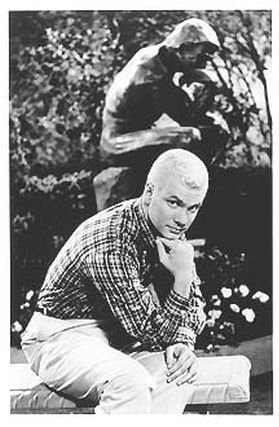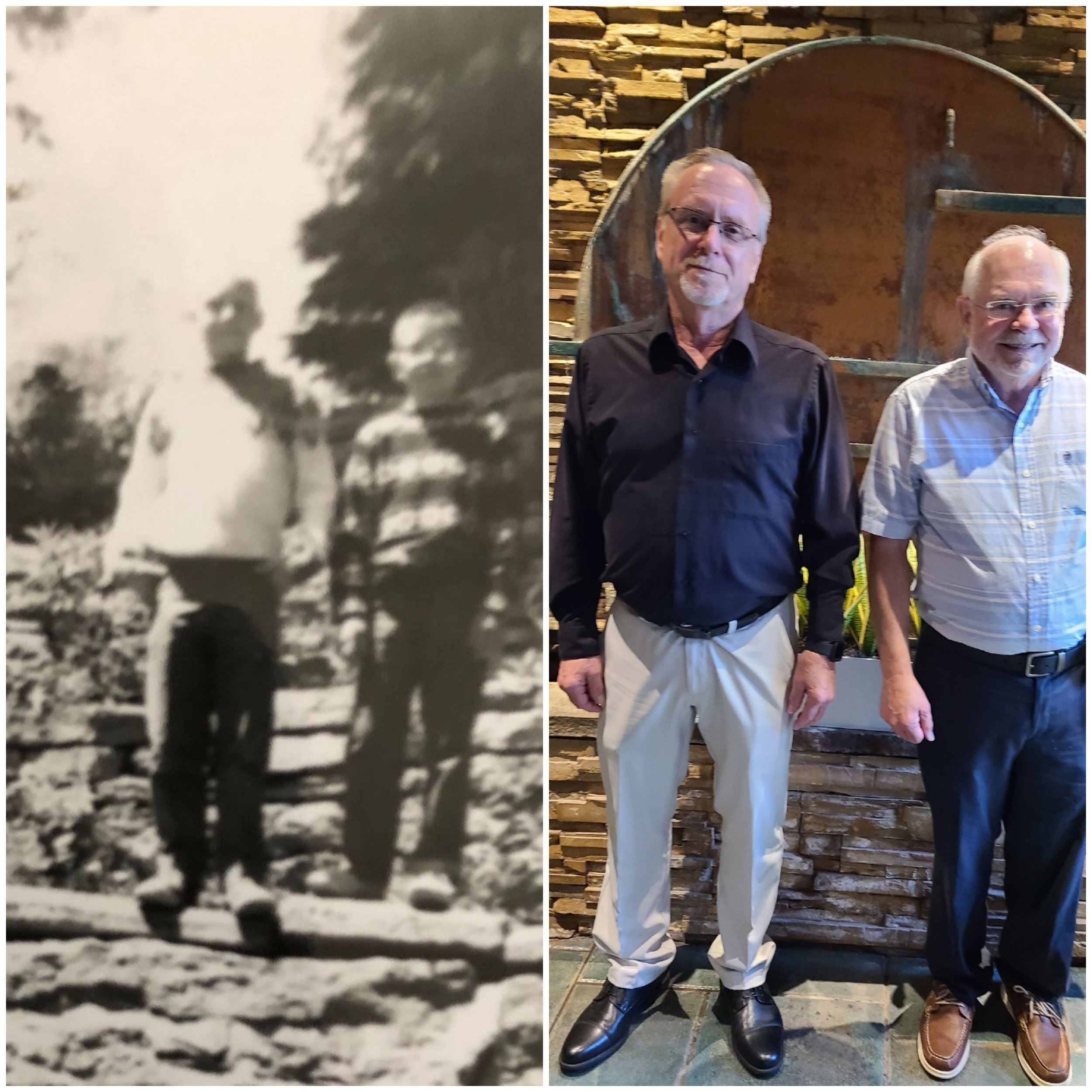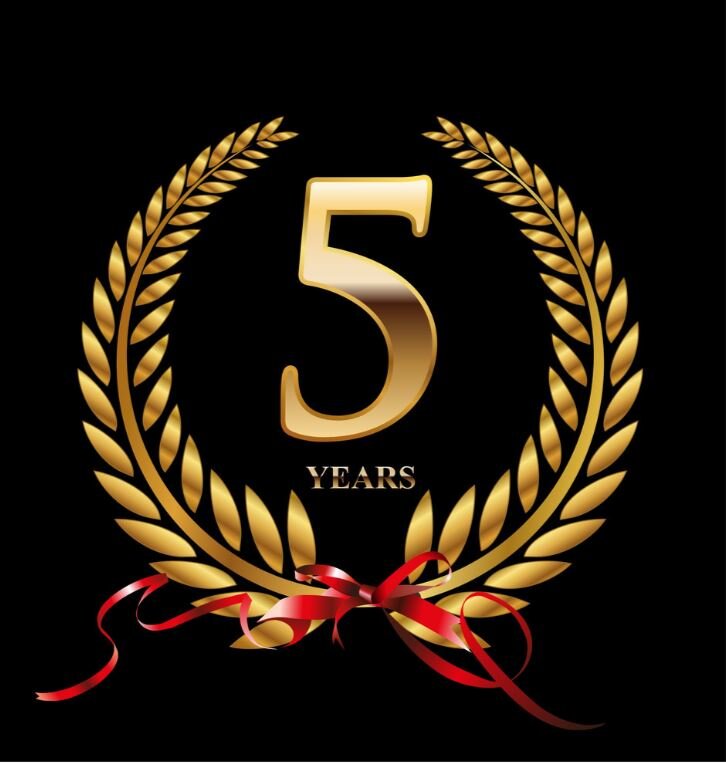In engineering and in life, there is knowledge, information, and wisdom and each is independent of the other, but related. You can’t be wise without information and knowledge, but you can have information and knowledge and be foolish.
In my field of work, engineering, science and technology, the machines I design must function the way they were intended and either they do or they don’t. Truth and facts are of critical importance. I can’t talk a machine into functioning properly. And the force of gravity, or the laws of physics, are the same for everyone. Always.
In my specialty, there are technical books that were written over 100 years ago, and gearing in general has been around for thousands of years. I am amazed how much has changed and progressed over those years, but also how much that is fundamentally the same and that was known about it even back then.
Actor Dwayne Hickman (1934-2022) in the eponymous role of Doby Gillis sitting on a park bench in front of a reproduction of Auguste Rodin's statue The Thinker. The TV sitcom “The Many Loves of Dobie Gillis” during season 1, later shortened to “Dobie Gillis” aired on CBS from 1959-1963.
The arc of history is the continual accumulation of knowledge and information, but it’s an ongoing process. It’s a never-ending journey and we are constantly striving to get closer. There is such a thing as ultimate truth and knowledge, but that we never get there and never fully understand it. There is no such thing as “settled science.” With science, knowledge, truth and information are always evolving, being questioned, and in a continuous search with no end point. There are, however, some basic bedrock principles which are eternal and unchanging.
“All truth passes through three stages. First it is ridiculed. Second, it is violently opposed. Third, it is accepted as being self-evident.”
Curiosity motivates the acquisition of knowledge and learning
The first amendment to the US constitution recognizes our right to freedom of expression; free speech and prohibits the government from interfering with these rights. Common practice and understanding have expanded these rights to include other areas of private communication, and other private venues like Facebook, and X (formerly Twitter). In many areas of life and subjects, even science and medicine, there are usually at least two or more differing viewpoints and approaches to the issue at hand. In the past, it was recognized that an open discussion of all sides of an issue was beneficial, allowed and preferred. This is not true today, unfortunately.
I have always believed in and tried to know and understand the principles and beliefs of both sides of any issue in which I am interested. This is the only way that I can develop a fully informed opinion on it. I try to know enough that I can intelligently discuss either side.
Some so-called experts on either side of an issue ignore the opposing view. This might be due to their usual way of thinking, a bias towards traditional views, or a conflict of interest. They might struggle to think differently.
There are those who don’t even believe in the concept of ultimate truth. Either they believe in moral relativism or situational ethics where truth depends on context and other things, and it is flexible. They believe that each person has their own “truth”; your truth vs. my truth, but no absolute truth exists that is the same for everyone.
To those people I say: if you jump off a building you will then understand the ultimate truth and reality of gravity.
Some people believe whatever an authority figure tells them to believe. Others follow the majority opinion and believe in whatever is popular. This is like what in the animal kingdom is called herding or following the herd. In humans, if one person has a different opinion or is different in any way, like appearance, from the herd, they stand out and can more easily be attacked. Often, they are singled out, ridiculed, ostracized, or discriminated against. This seems to be human nature and sadly has occurred throughout history. This starts wars.
In any field of endeavor or any belief system, there is usually an entrenched system of thought and way of doing things. Sometimes it is incorrect, and it can be improved upon or changed entirely, and a new one can take its place. This is the basis of all human progress and has been happening since time immemorial.
Steve Jobs and Elon Musk are two examples of this process and way of thinking. They both disrupted several entrenched industries and changed the world.
Curiosity is the main driver of this.
Humans inherently do not deal well with uncertainty. In fact, they intensely dislike it and deal with it in different ways. Some simply fill in the blanks and assume things (make them up) that may or may not be true. They are often wrong. Others do some research and try to learn the correct facts. Still others follow the crowd and assume popular thinking, without doing any thinking or discovery of their own.
Most often, people come to have a strong belief in a system and develop a bias for it or derive financial benefit from it which initiates a conflict of interest. It can become so entrenched that it is extremely difficult to change. This condition may last for many years or even decades. Hence, as Upton Sinclair famously said, “It’s difficult to get a man to understand something when his salary depends on his not understanding it.”
Many times, to move forward requires a new generation to be born that becomes familiar with the revised system.
In science this is known as Planck’s principle paraphrased as science progresses one funeral at a time when the old guard dies off and a new one takes its place. This happens in medicine, law, engineering and many other human endeavors.
The best way to resolve these conflicting priorities is to practice critical thinking using creativity, logic and being open to new ideas. It’s also about admitting that you could be wrong (humility), being introspective, using innovative thinking, and staying abreast with the latest technology.





















